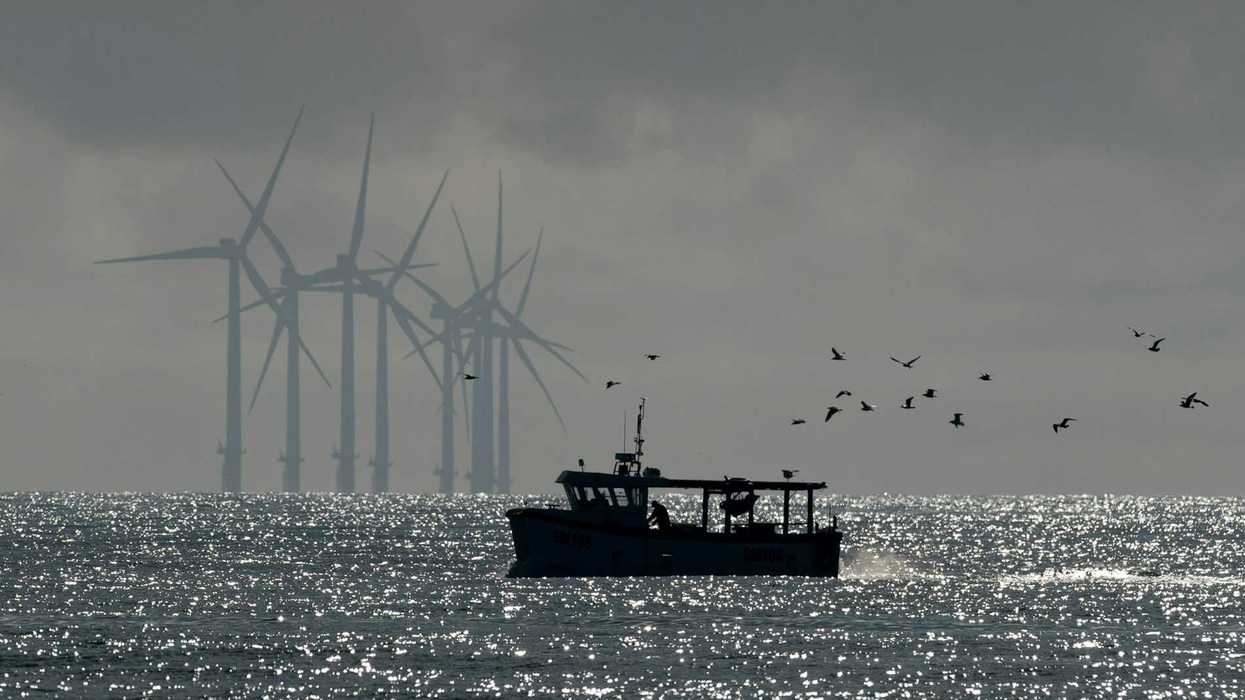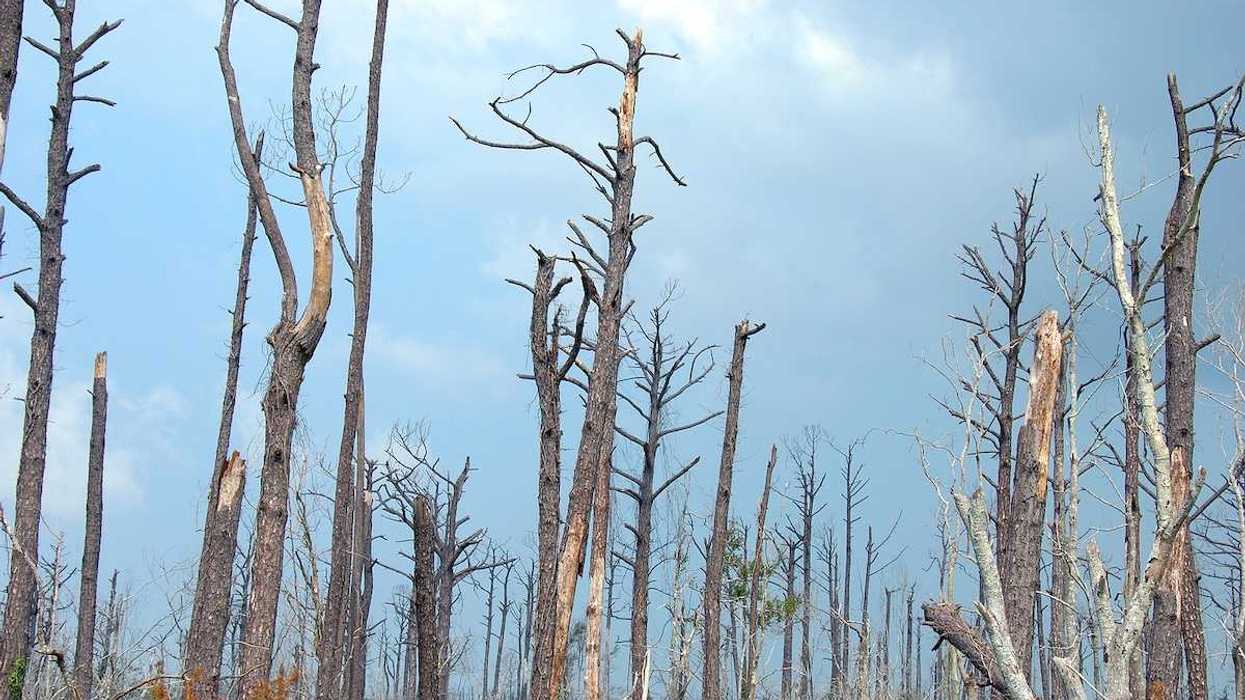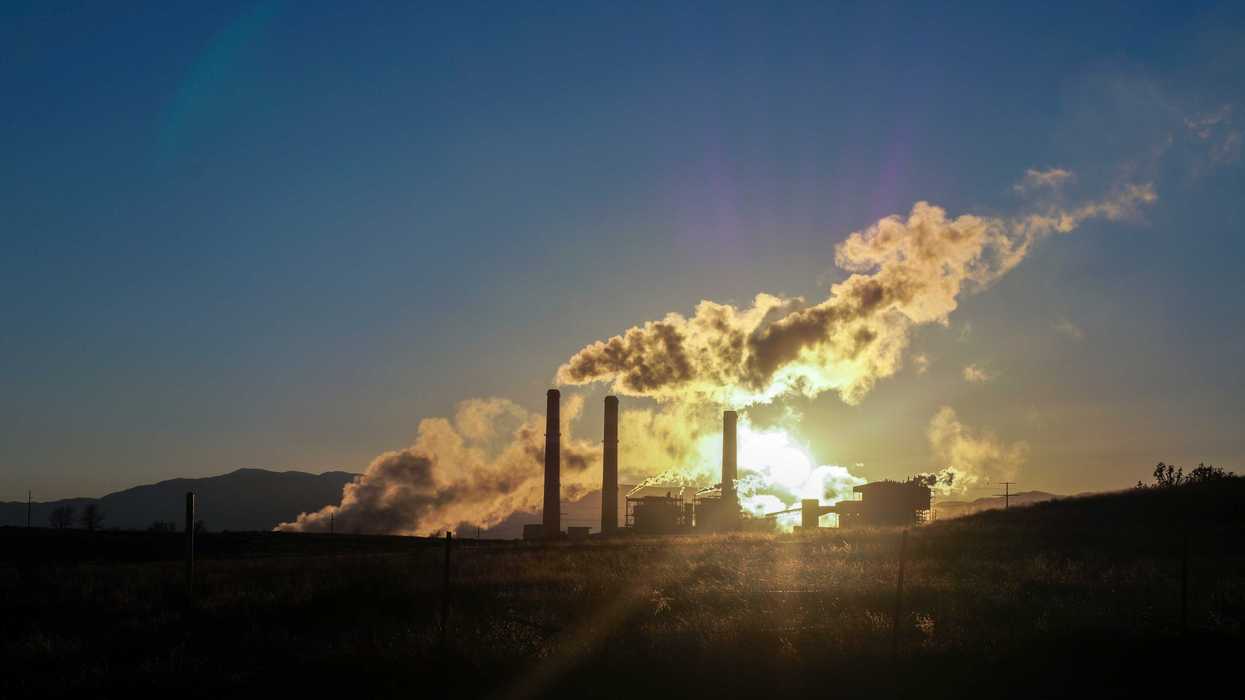Alabama's Mobile-Tensaw Delta, one of North America's most ecologically diverse areas, faces growing threats from climate change and development, prompting conservationists to act.
Tammy Webber reports for The Associated Press.
In short:
- The Mobile-Tensaw Delta is home to over 350 fish species and hundreds of bird species, making it one of the most biodiverse regions in North America.
- Conservation efforts focus on acquiring land, restoring ecosystems and altering dams to protect fish habitats and mitigate climate change impacts.
- Advocates emphasize the importance of collaboration between private landowners, government agencies and conservation groups.
Key quote:
“We’re losing things that haven’t been discovered, and there are things still here that we think are gone.”
— Ben Raines, environmental fellow at the University of South Alabama.
Why this matters:
The delta’s health is crucial to the survival of many species and the ecosystem of the Gulf of Mexico. Protecting it ensures the preservation of one of the most biologically diverse areas in the United States.
Related EHN coverage:














